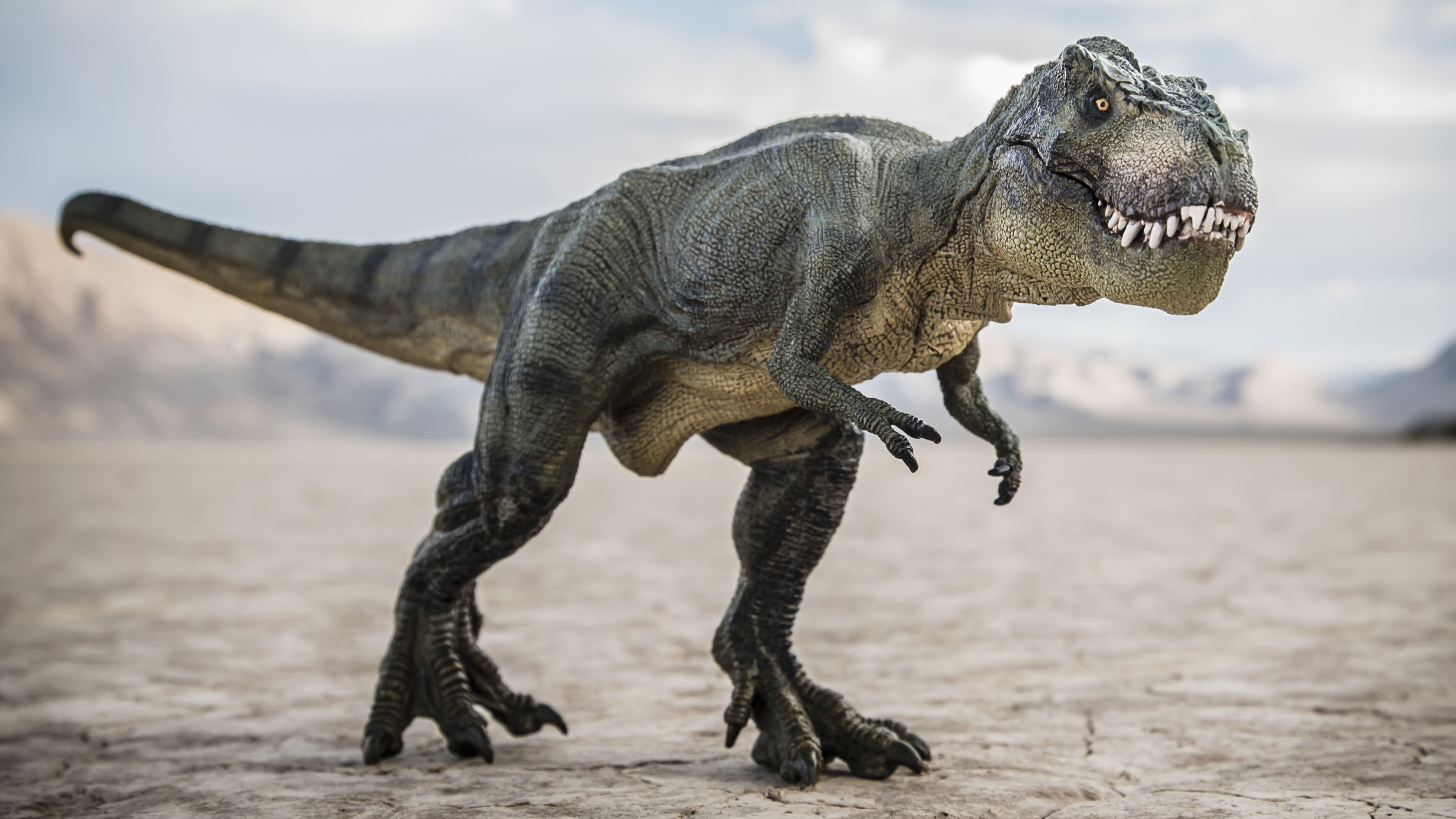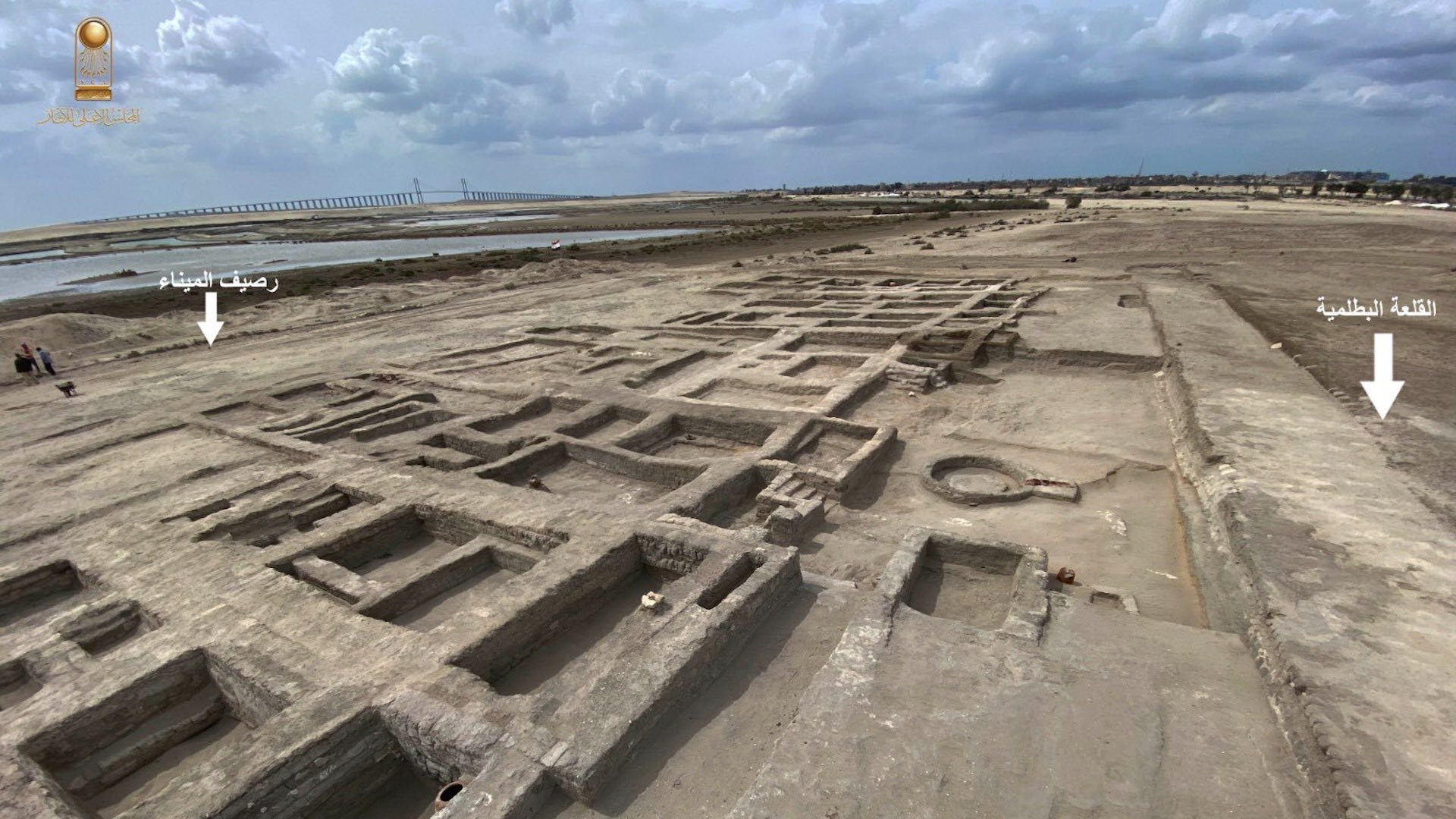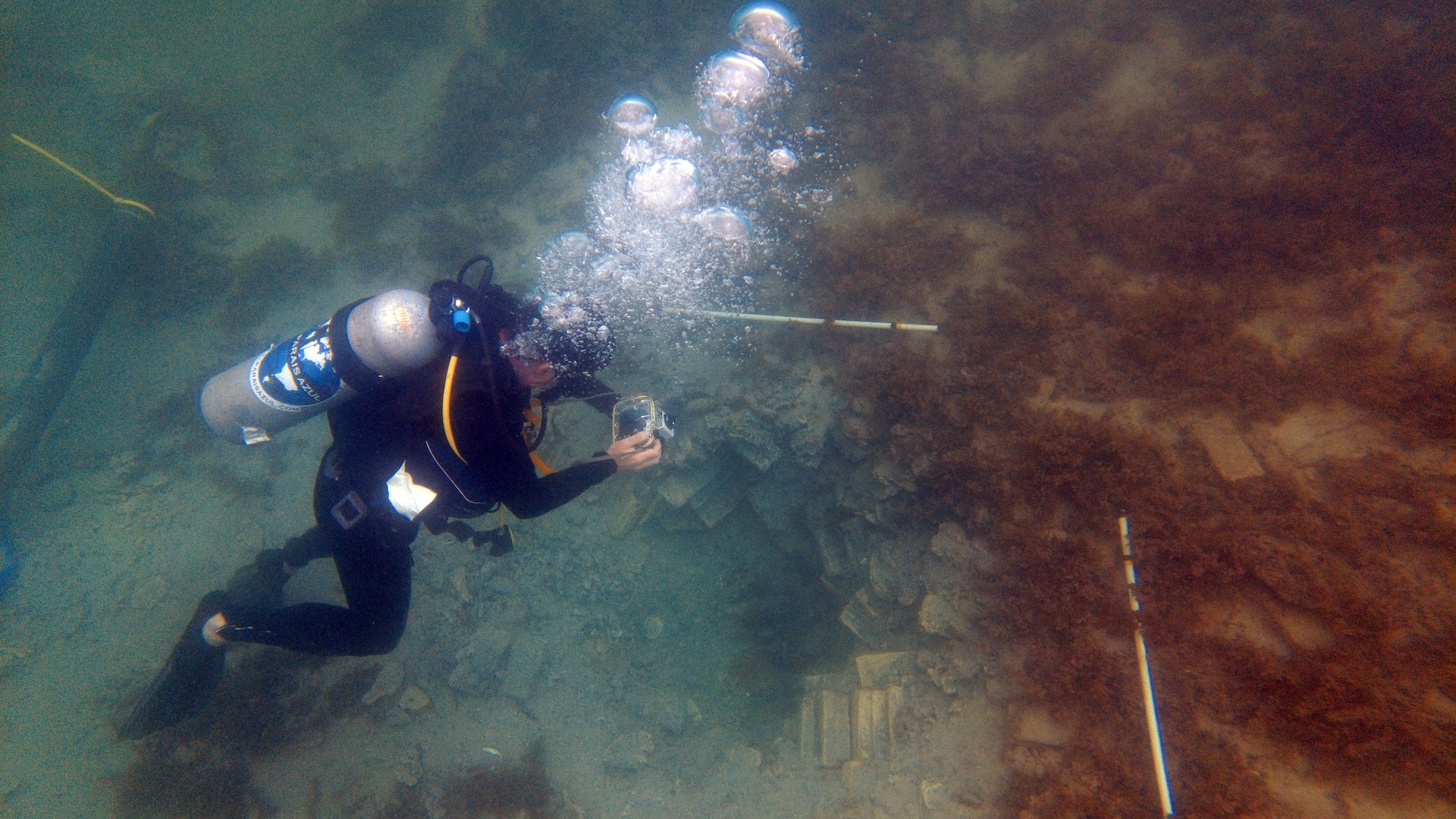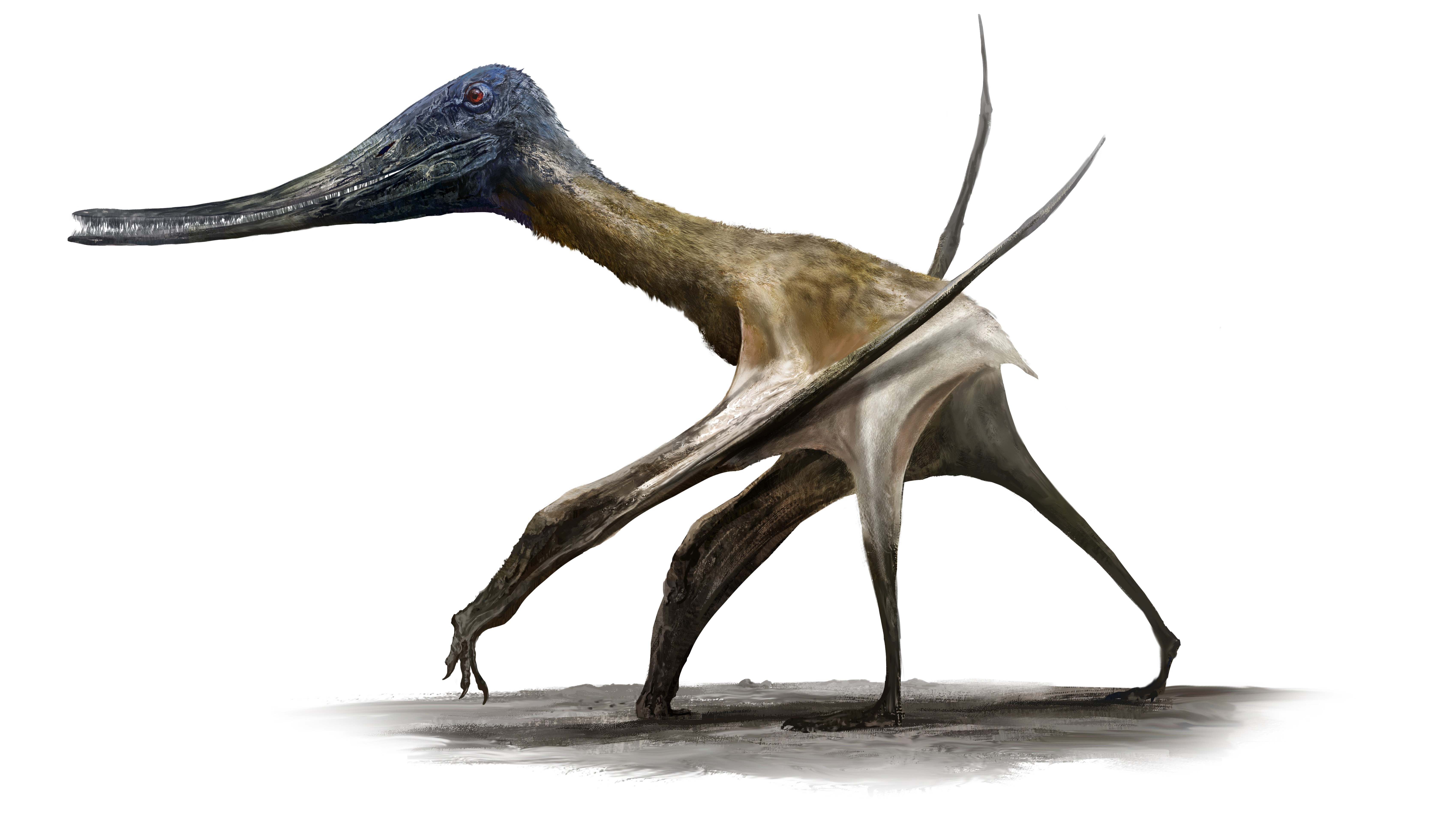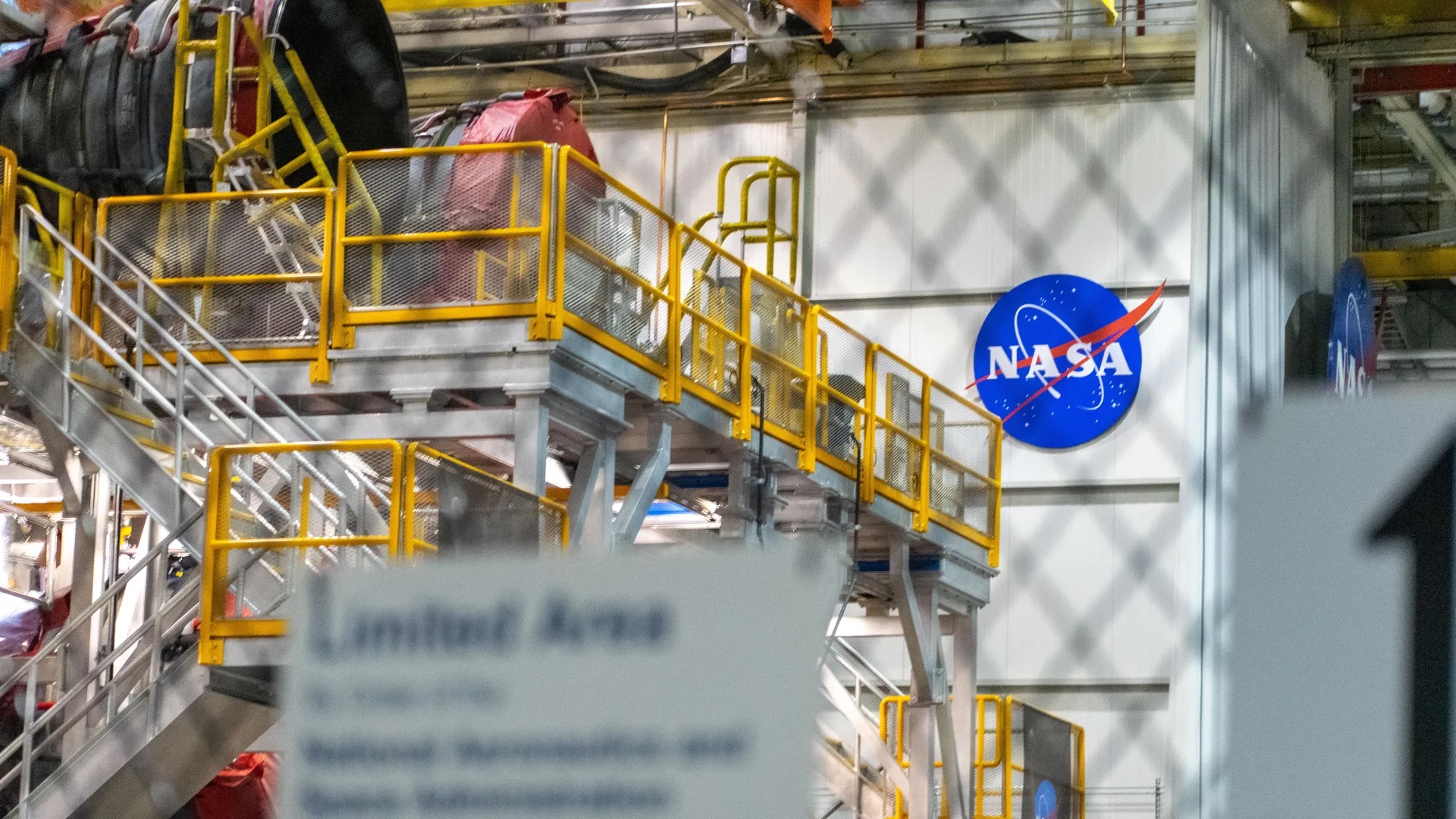5-Star Hospitals Might Not Kill You
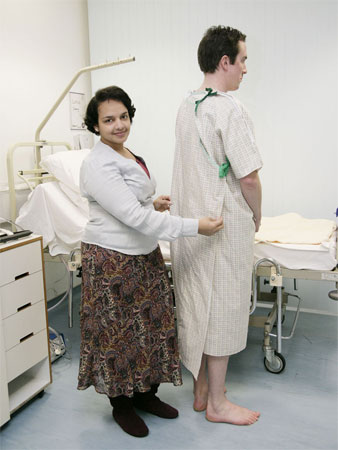
If all hospitals performed as well as 5-star facilities, as ranked by an independent healthcare ratings company, 237,420 U.S. Medicare patient deaths could have been prevented between 2005 and 2007.
That's the upshot of a new study that finds you have a 70 percent lower chance of dying at a facility that is top-ranked by HealthGrades compared to its lowest-ranked ones across 17 procedures and conditions that were the reasons for the hospital visits. More than half of the Medicare patient deaths were associated with four conditions: sepsis (a systemic response to infection), pneumonia, heart failure and respiratory failure.
Researchers have long documented how hospitals can kill you. Blame is placed on everything from exhausted doctors and staff to antibiotic-resistant microbes.
The good news: The nation's in-hospital risk-adjusted mortality rate improved, 14.2 percent on average from 2005 to 2007, HealthGrades announced today in releasing its 11th annual survey on hospital quality. The nation's best-performing hospitals were able to reduce their death rates at a much faster rate than poorly performing hospitals.
Differences in hospital performance create regional patterns.
The region with the lowest overall risk-adjusted mortality rates (that's good) was the East North Central region (Illinois, Indiana, Michigan, Ohio and Wisconsin), while the East South Central region (Alabama, Kentucky, Mississippi and Tennessee) had the highest mortality rates (that's bad).
A separate report by a different group, released earlier this month, found that the South is the worst place to live if you are seriously ill. The report focused on palliative care, a fairly new specialty that focuses on patients' quality-of-life issues rather than elusive cures for diseases. The best such care is offered in Vermont, Montana and New Hampshire.
- Health & Wellness Videos
- 7 Medical Myths Even Doctors Believe
- Top 10 Mysterious Diseases
Sign up for the Live Science daily newsletter now
Get the world’s most fascinating discoveries delivered straight to your inbox.


